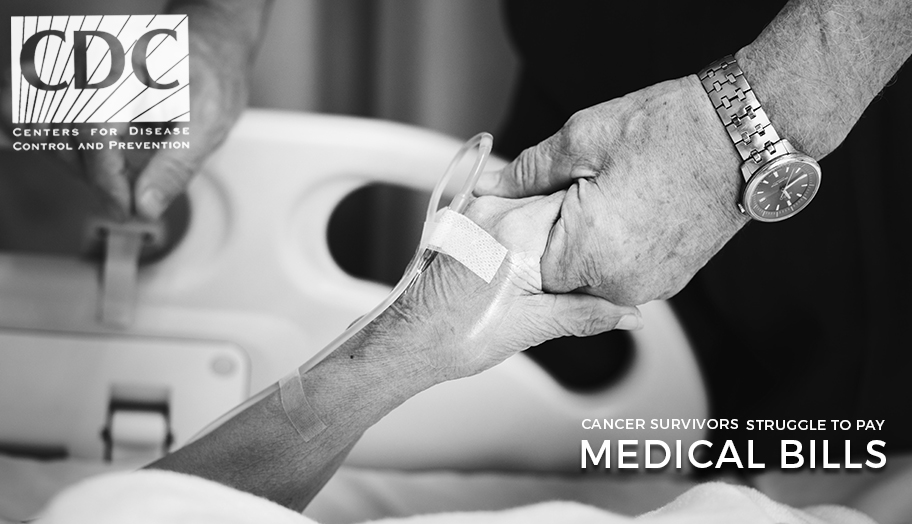A quarter of the whole cancer survivors in the United States are reported to have a hard time with medical bills and out-of-pocket expenses, according to a report from the Centers for Disease Control and Prevention (CDC).
In an article published by CNBC, approximately 16.9 million people who received cancer diagnosis worry about medical costs that are not covered with their insurance plans. In addition, there is added pressure due to the increased time off work and higher cost of care and maintenance.
For cancer survivors, average out-of-pocket expenses each year amount to $1,000 while those who don’t have cancer only spend around $500 to $622 annually.
CDC author and National Cancer Institute program director Janet de Moor said, “The costs can be long lasting once patients finish the acute treatment. Over time, your ability to absorb those expenses is going to go down.”
Cancer survivors spend 20% annual family income
The report from CBD also shows that family members of cancer patients and survivors also suffer from the costs of medical bills. Approximately 20 per cent of the family annual income goes to the treatments, medicines and transportation expenses.
In addition, survivors without insurance coverage spent less out-of-pocket money compared to survivors with insurance. However, those without health insurance can rely on family income to pay for medical expenses.
Financial hardships are also categorized by material and psychological. For the material, 25.3% of cancer survivors reportedly experienced debt, filed bankruptcy and applied for loans. Meanwhile, psychological hardship pertains to survivors experiencing a hard time in thinking about how they can pay off borrowed money and increasing medical bills.
With the introduction of the legislation that would stop ‘surprise medical bills’, it is believed that more people can effectively handle finances linked to healthcare.
Trump administration promised to tame unexpected medical bills to assist cancer patients and all the Americans in general.













